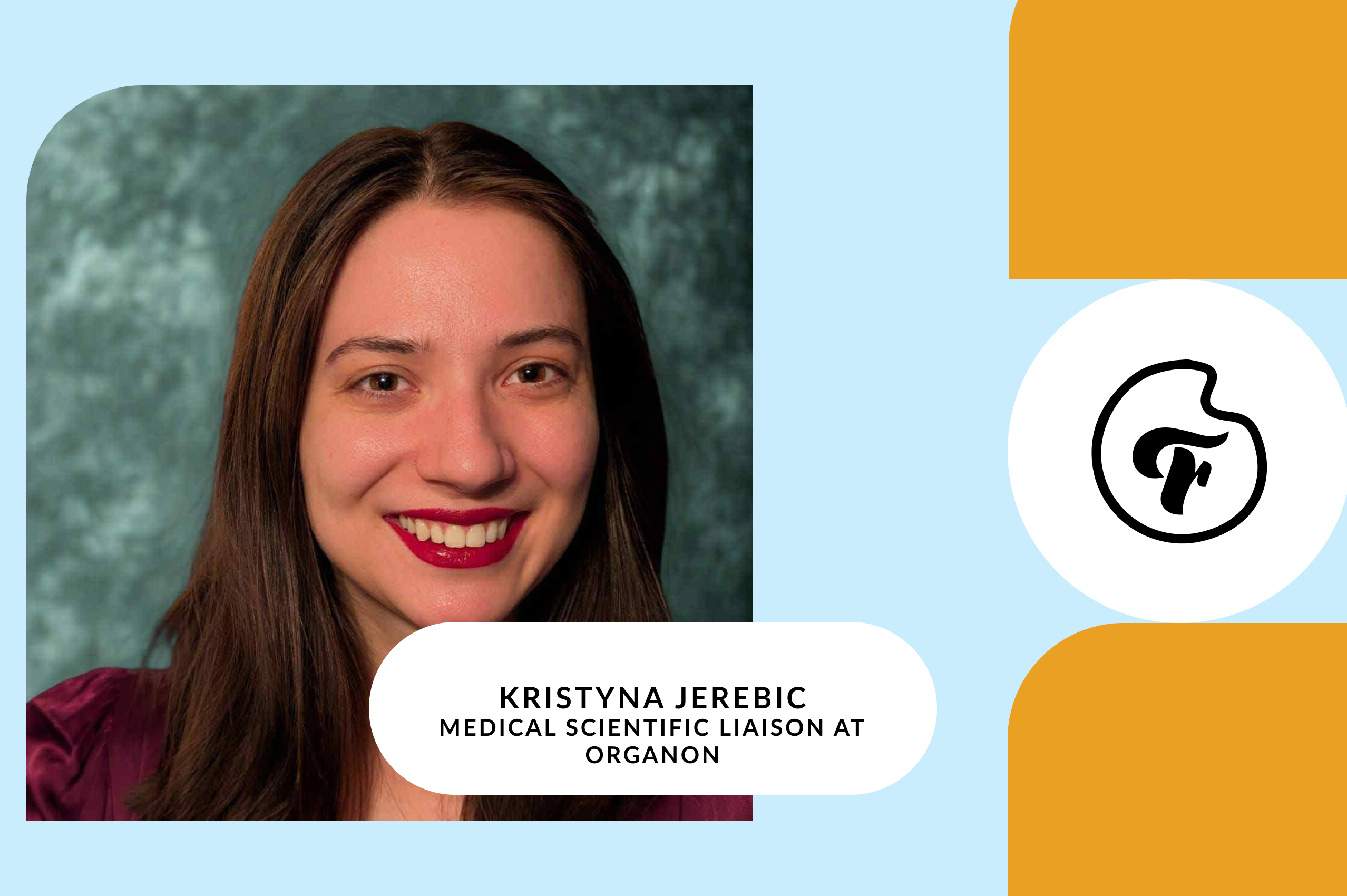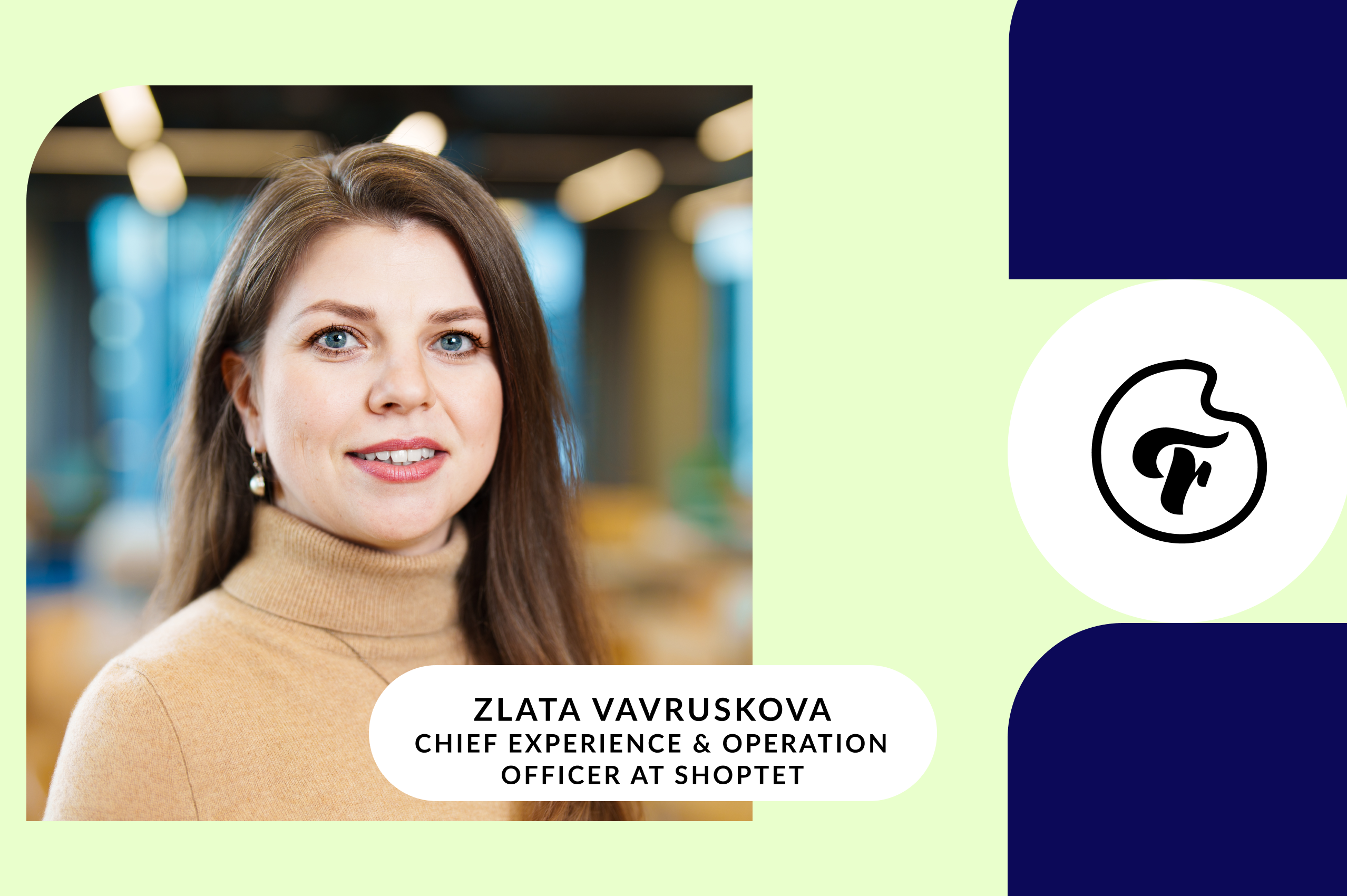
Nicole Adelman is an Intercultural Performance and Leadership Trainer, as well as a Femme Palette Mentor and Ambassador. Drawing from her 20+ years of experience in service and storytelling, Nicole shares her own journey and tips for becoming more self-aware and a conscious storyteller. Read more about the importance of storytelling, her personal journey, and her 10 best practices.
All The World's A Stage
All the world's a stage,
And all the men and women merely players;
They have their exits and their entrances,
And one man in his time plays many parts."
- William Shakespeare, "As You Like It"
Once upon a time there was a 38 year old woman who had experienced sadness and loss and irreversible trauma. She had been married to a man who had had cancer, and their marriage had not survived. She had learned to become close again to her father and then he died, of cancer. She went to a Buddhist retreat in the mountains of California, learned how to ‘look’ at story, to become critical of what tales her mind would spin, and she began to slow down her thinking process so that she could ‘see’ her choices more clearly, and make better and different ones, moving forward. She became a more conscious storyteller, and her life condition, overtime, improved. She learned to live again.
She learned that we are all, in fact, ‘wired’ for story. And that we, as humans, often can label anything as “bad” or “good”, but through consistent relearning of the importance and impact of story in our lives, she began to write a better story for her life, and to actively only engage in actions and behaviors that were actually in alignment with her values, and the woman she envisioned, and really wanted to become. She learned that anyone can do these tasks, and that they were learnable skills.
In Brené Brown’s seminal social science research book, “Rising Strong: How the Ability to Reset Transforms the Way We Live, Love, Parent, and Lead”, she shares the findings of neuroeconomist, Paul Zak, stating that hearing a story - a narrative with a beginning, middle, and end - causes our brains to release cortisol and oxytocin. These chemicals trigger the uniquely human abilities to connect, empathize, and make meaning. As Brené writes, “Story is literally in our DNA”.
With this knowledge as our guide, I encourage my clients, trainees, mentees and colleagues to look at our story wiring in relation to our self-awareness and to become kind, yet critical, about what stories (or voices) we are believing in our head, or speaking out loud (and into existence) and/or the limitations (conscious or unconscious) that we’re building up with our words. This then becomes a tool that can benefit us in exponential ways. Personally, we learn to take more responsibility for our lives; the layered intricacies that make up a life, and how these intricacies intertwine with others. We realize we’re alone, and not alone. In our bubble of experience, our stories, and subsequent behaviors, affect others and their subsequent stories. Learning to look at our stories with such a discerning eye challenges us to look at the soil of our lives, from joyous and happy childhoods to abuse, abandonment, and generational trauma that may have occurred, and with that foundation, and with courage as our guide, begin crafting stories that give us strength, autonomy and mastery in our lives moving forward. Perhaps, for example, a cultural or societal story we’ve been raised with is that ‘one must do it alone’ or ‘vulnerability is weakness’. Becoming self-aware with our storytelling allows us then to learn to ask for help, and to reframe the narrative to a more truthful or honest one, or more humane one, such as vulnerability is strength. Professionally, this then plays out in workspaces that feel healthy and have firm, yet flexible boundaries. The personal is professional. How we do anything is how we do everything. Are we able to slow down, to look with honesty, and still be kind? Once we do, we can then often ‘see’ these dramas and these stories with greater clarity. We know then if they remain unquestioned, unresolved and cruel, they continue to be perpetuated by us all.
It took me a good 10 years to truly understand from an inside-out perspective that words matter. That language matters. And that how we talk to ourselves (and others), and the stories we tell (and how we craft them), absolutely and fundamentally matter. This then begins the work of looking at what it truly means to be human.
As a Mentor and Ambassador for Femme Palette, I would like to provide a list of 10 best practices for becoming a more self-aware, conscious, effective and authentic storyteller.
Remember, self-awareness and conscious storytelling are ongoing processes. By incorporating these best practices into your storytelling journey, you'll enhance your ability to connect with others and sustain meaningful connections, with integrity. Once we understand our role and our responsibility in any given relationship dynamic, we can then consciously, with awareness, shift the roles from Child, Victim or Hero, to Emotionally Intelligent Adult, Leader, Role Model and Guide. These are only some examples, highlighting that self-awareness is the absolute first step. The second step is then working with a trusted therapist, advisor, manager, or coach to receive direction and other perspectives on how behaviors could be perceived. Again, always looking at “story” as a way into one’s character. We’re wired for story. What story are you currently telling yourself? How might it be told differently, better, with more kindness, to create more value for yourself and others? What story do you want or need to tell, that you are not yet telling? I encourage you, with self-awareness, kindness and clarity, tell it now. Are your actions and behaviors in alignment with your values and the person you want to become? How might you be of better service to yourself and others with your storytelling? I encourage and invite you all to become more conscious storytellers.


